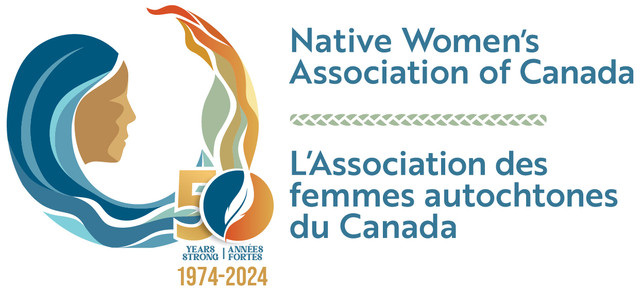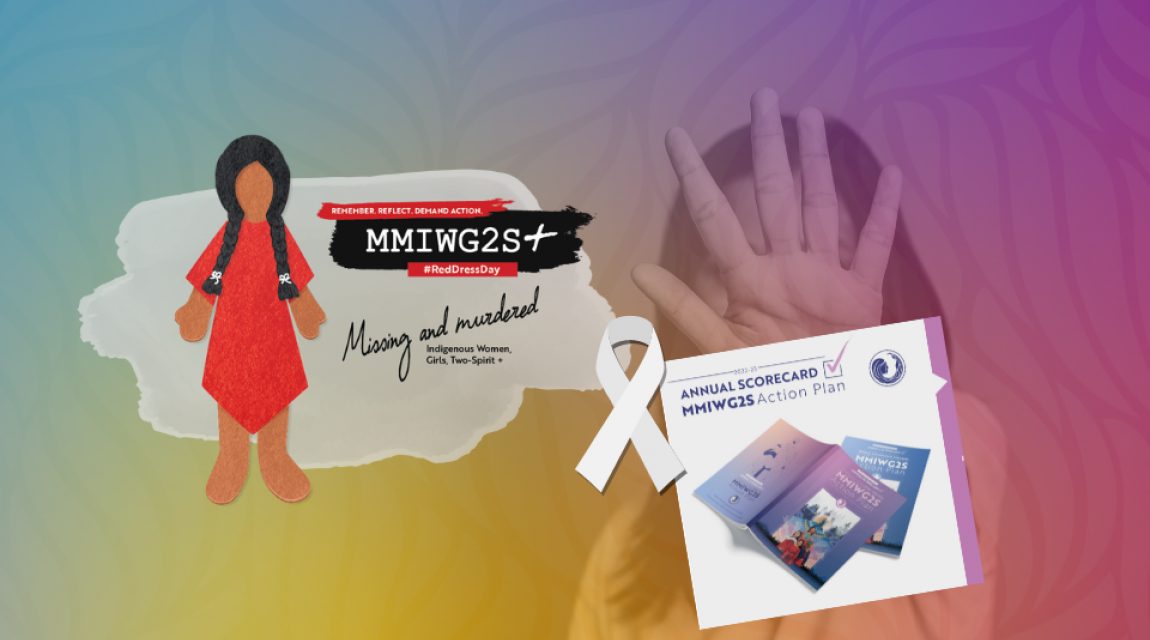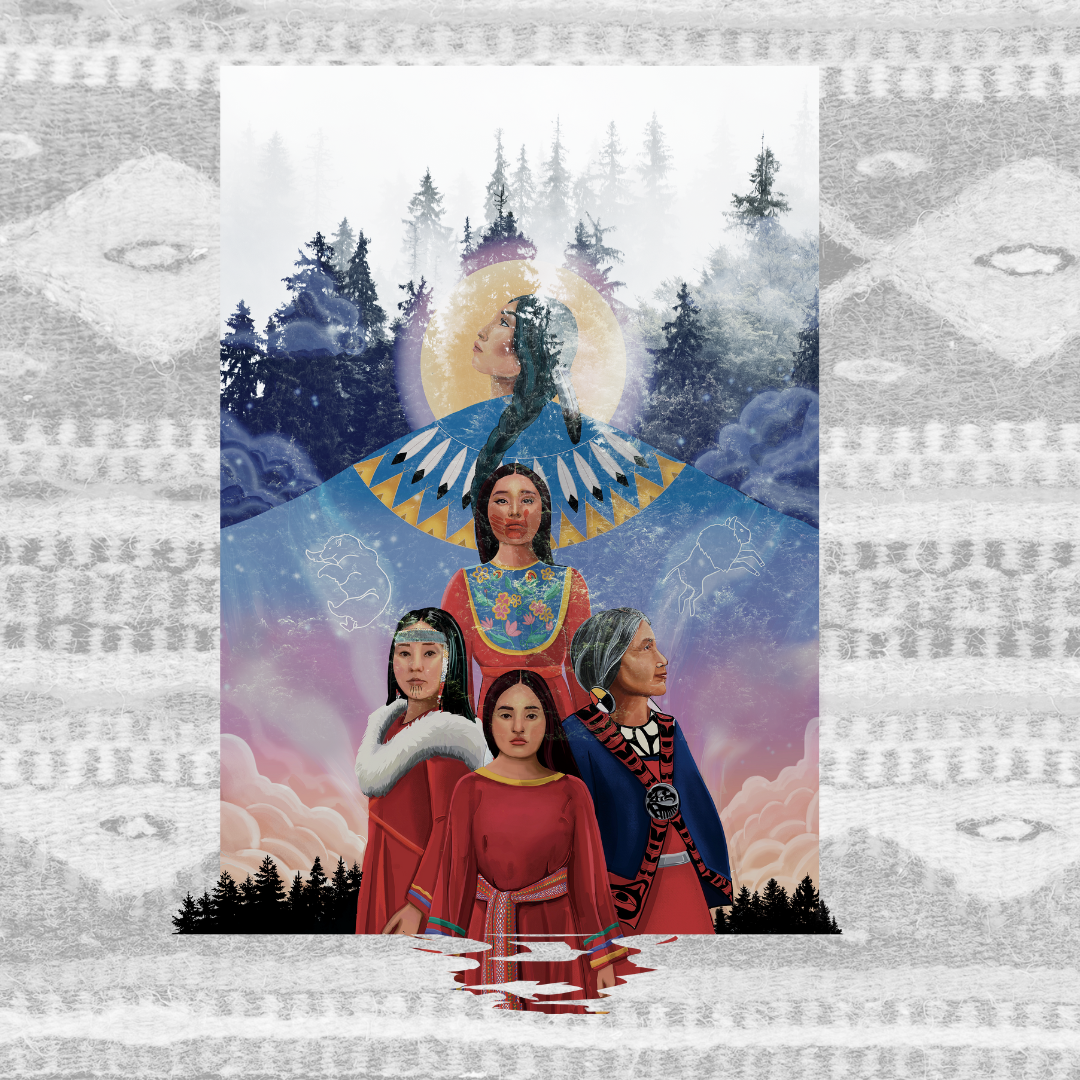Red Dress Day
To mark the National Day of Awareness for Missing and Murdered Indigenous Women, Girls, and 2SLGBTQQIA+ Peoples—known as Red Dress Day—we came together to honour our lost loved ones and to shine a spotlight on the MMIWG2S+ genocide. On May 5, we hosted guided visits to our MMIWG2S+ exhibit in our Vault Exhibition Space and held a faceless doll workshop. On May 6, we hosted an roundtable attended by our provincial and territorial member association representatives and Senator Michèle Audette, where we gathered to candidly discuss the many issues related to the genocide and talk about own experiences.


